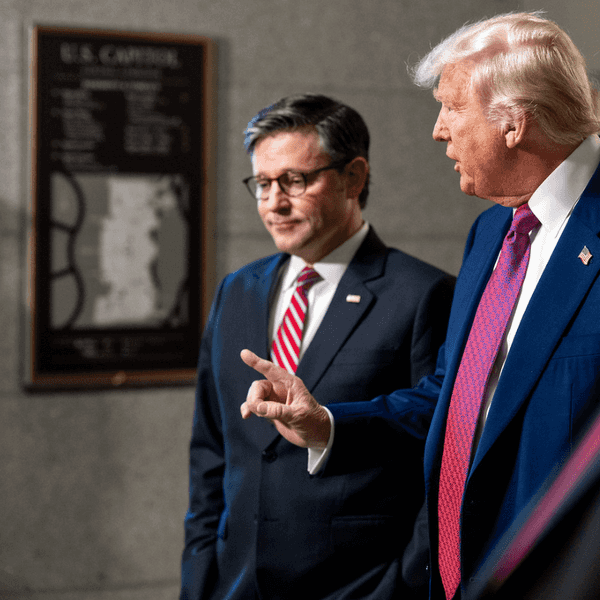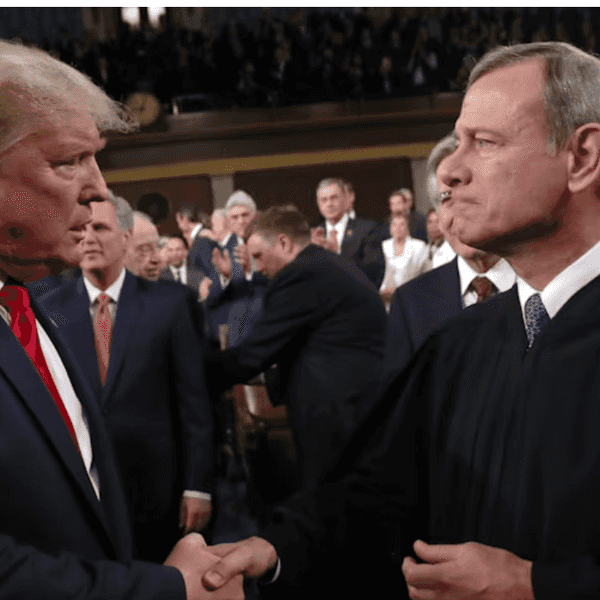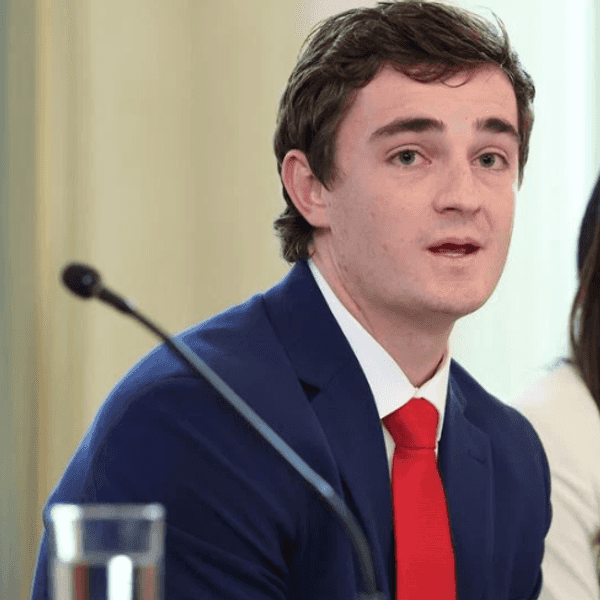Committee Issues Fresh Subpoenas To Fake Trump Electors
The House Select Committee on January 6 is pulling more “alternate electors” for former President Donald Trump into focus, this time issuing six subpoenas to a group that includes Trump campaign officials as well as state lawmakers—some of whom are currently running for powerful statewide offices.
The probe reviewing the insurrection at the U.S. Capitol has demanded records and depositions by the first week of March in subpoenas going to state Republican legislators and Trump campaign aides who were involved in alleged efforts to send the bogus certificates to Washington.
The subpoenas went to Arizona Republican Party chairwoman Kelli Ward, a longtime Trump supporter, as well as Pennsylvania state Sen. Doug Mastriano, now running for governor there, and Arizona State House Rep. Mark Finchem, now running to be the next secretary of state in Arizona. Former Michigan Republican Party chair Laura Cox was subpoenaed too, along with Michael Roman, Trump’s director of election operations in 2020, and his deputy, Gary Michael Brown.
Committee Chair Rep. Bennie Thompson (D-MS) wrote Tuesday that investigators had obtained correspondence and other “credible evidence” showing Trump campaign aides Brown and Roman “encouraged state legislators to alter the outcome of the 2020 election.”
The committee contends they helped appoint the so-called alternate slates for Trump in key battleground states by “directing Trump campaign staffers” to participate in the scheme.
Pro-Trump electors were not officially recognized by their respective states, but this did not deter them from affixing their signatures to the certificates anyway and remitting them to the National Archives just like the sanctioned electors for 2020 did that December.
Ultimately, the Archives rejected the alternate slates.
Exploring the gambit behind the bogus elector submissions in places like Arizona and Pennsylvania has led investigators to some of the former president’s most ardent supporters in high places.
Much of this scheme was reportedly spearheaded by Trump attorney Rudy Giuliani. He was subpoenaed by the select committee as well but as of Wednesday, he had openly dismissed the probe as illegitimate and overblown.
In the meantime, the committee continues zeroing in on the bunk electors, and Tuesday’s tranche expanded those efforts.
In a subpoena to Mastriano, investigators asked him to produce information about his conversations with Trump around “post election activities” and for him to testify about a plan to arrange an alternate slate in Pennsylvania.
Mastriano, who is now running for governor, should explain to the probe why he believed the assertions of voter fraud, Thompson wrote, or why he supported theories about other irregularities.
The committee also wants to know more about how Mastriano arrived at his conclusions, like this one from November 2020:
Mastriano was at the Capitol on January 6 and has said publicly that he witnessed “agitators … start pushing the police up the steps” of the complex.
He was also seen in photos on January 6 posing with former Pennsylvania state Rep. Rick Saccone, who took to social media to celebrate the storming of the Capitol.
Mastriano has denied having any illegal involvement in January 6, saying last May that he followed the directions of all police he encountered.
“Even disingenuous internet sleuths know that police lines did shift throughout the course of the day. I followed those lines as they existed,” Mastriano said.
Campaign finance records have also shown that Mastriano’s campaign spent thousands to send buses to D.C. on January 6. PBS reported last January that the state senator’s campaign paid $3,354 to Wolf Bus Lines over three installments six days before the attack.
Investigators are interested to speak with Finchem about his role in coordinating a Phoenix-based event with members of Trump’s legal team on November. 30, 2020.
The group met to discuss unproven allegations of voter fraud and Finchem, in particular, was heard saying during a break in the meeting that the voter systems had been hacked.
Like Mastriano, Finchem was in Washington on January 6. Finchem, however, said he was there to give an “evidence book and letter” to then-Vice President Mike Pence that he believed would confirm evidence of fraud in Arizona.
Finchem, investigators say, meant to ask Pence to delay the certification, making him yet another person who called on Trump’s second in command to consider subverting the election results.
Ward, currently suing the committee to stop them from reviewing her phone metadata, has valuable information as chair of the Arizona Republican Party, investigators said Tuesday,
Ward spoke to Trump multiple times about election certification and played a hugely public role in disseminating Trump’s election fraud falsehoods.
Just one day after the election, the committee noted in its subpoena, Ward sent text messages to then-Maricopa County Board Chairman Clint Hickman.
Hickman told reporters Trump called him twice in four days after he lost to Biden.
The Arizona official said he was aware when Trump called that the president had made other pressure calls to state election officials in Georgia.
Ward also sent several texts to Hickman a few days after Trump lost, The Arizona Republic first reported.
“We need you to stop the counting,” she wrote.
Other texts after the election “bombarded” Hickman’s phone. One message on Nov. 17 from Ward reportedly read: “Here is Sidney Powell’s number. Please call her.”
Three days later, Ward texted the state election official again.
“I know you don’t want to be remembered as the guy who led the charge to certify a fraudulent election,” she wrote.
A voicemail Ward left was more explicit about her contact with Trump.
“Hey, Clint. It's Kelli Ward. I just talked to President Trump and he would like me to talk to you and also see if he needs to give you a call to discuss what's happening on the ground in Maricopa. Give me a call back when you can,” she said.
Ward did not immediately return a request for comment on Wednesday.
Lastly, the committee seeks information from former Michigan Republican Party chairwoman Laura Cox.
Cox hosted a Zoom and Facebook Live event on December 2, 2020, where Giuliani was featured and told guests they had to “stand up for a free and fair election.”
In a statement Wednesday, Cox lashed out at the committee, saying that the probe’s senior investigative counsel called her in October and that she met with them without an attorney.
The meeting, Cox said, was not recorded because the senior counsel and those accompanying him were taking notes and when she asked to record, they refused.
“They then left the office,“ Cox said Wednesday.
Cox bristled at the subpoena, saying her concerns over voter irregularities stemmed from her own experience as chair of the Michigan GOP.
“I did not need President Trump or the Trump campaign to push me to question ballot irregularities in Michigan … my guy lost. President Biden won. But that does not make raising questions about irregularities a crime,” she said.
A January 6 committee spokesperson declined to comment on Cox’s statement Wednesday.
More than 550 interviews have been conducted by investigators and more than 80 subpoenas have been issued openly. That excludes an altogether separate raft of subpoenas that were issued to telecommunications companies and banks for metadata and financial records.
Reprinted with permission from Daily Kos











